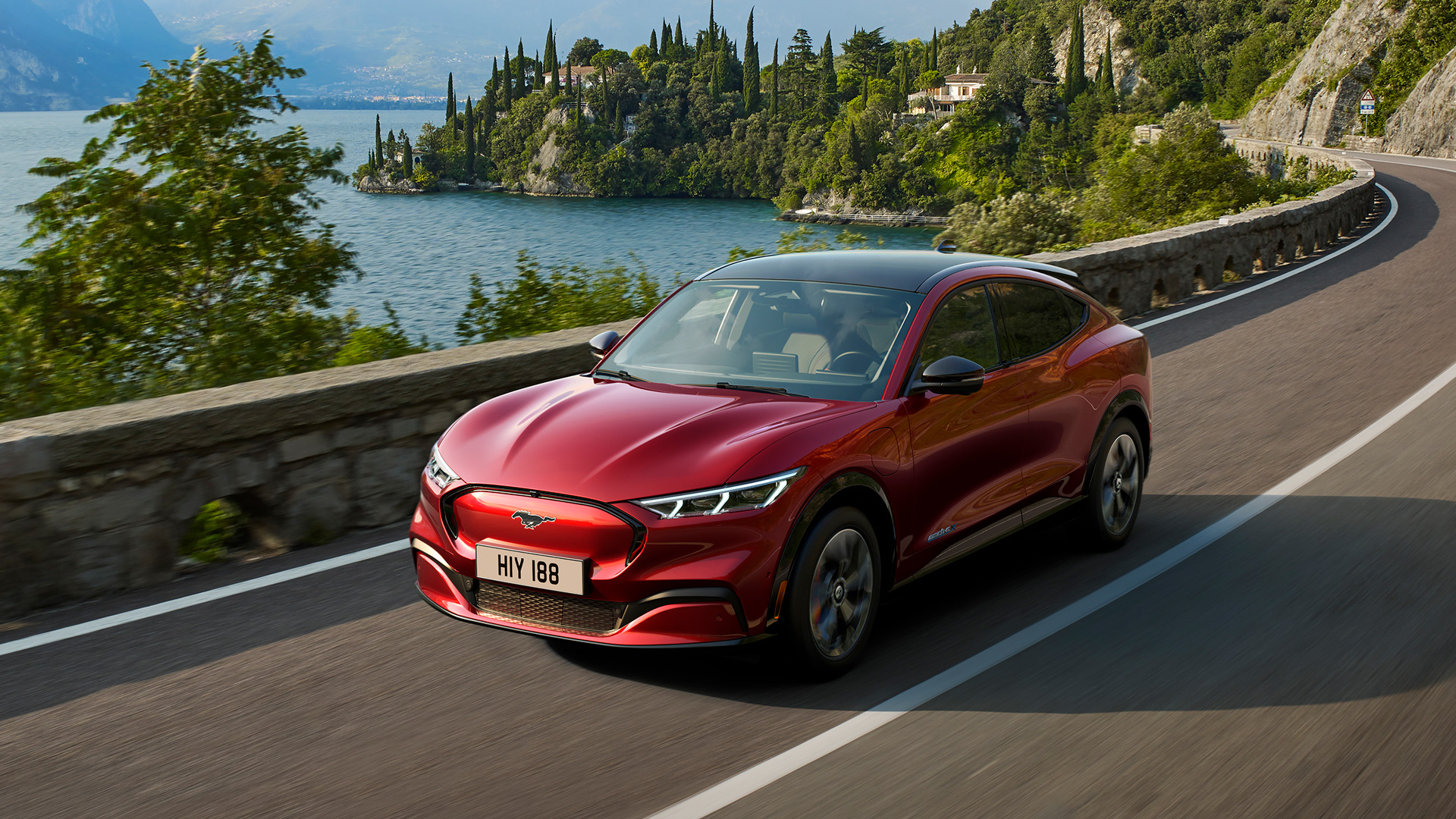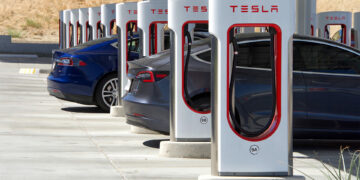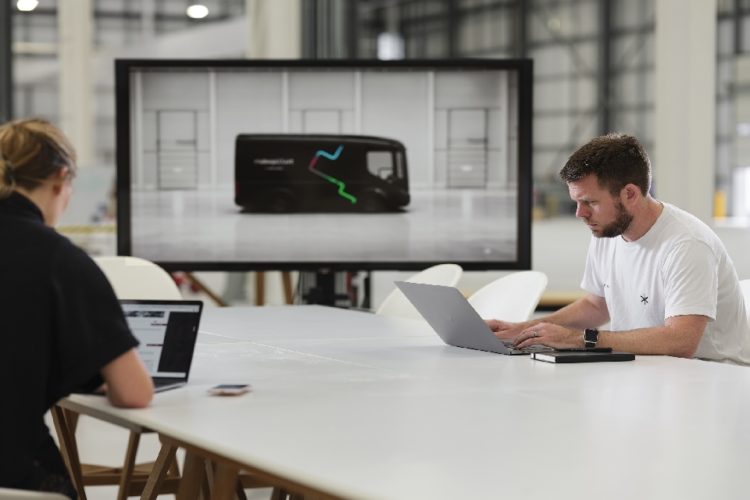The UK government has launched an £80 million Industrial Strategy Challenge Fund Driving the Electric Revolution to help businesses to meet the needs of the transition to clean technologies and electrification. Businesses can apply for a share of £15 million to further develop zero emission vehicle technologies, which are a key part of the country’s efforts to achieve zero greenhouse emissions by 2050.
This Challenge was created as an incentive to accelerate the UK’s ability to deliver next-generation electric vehicles, smart grids, and the realisation of Net Zero targets through clean innovation.
Innovate UK, part of UK Research and Innovation, has up to £15 million co-funded from Driving the Electric Revolution and the Office for Low Emission Vehicles (OLEV) to support business-led research that will develop supply chains and manufacturing capability for power electronics, machines and drives (PEMD) technologies across all sectors and support the development of new technologies that enable zero-emission vehicles.
Dr Will Drury, Challenge Director for Driving the Electric Revolution said: “This competition is an exciting opportunity for UK businesses to engage with Driving the Electric Revolution, collaborate and innovate delivering clean growth of the UK Power Electronics, Machines and Drives (PEMD) supply chains.
“The projects that we fund will catalyse the development of manufacturing capability and resilient supply chains for PEMD activities: the building blocks for all sectors undergoing electrification. Driving the Electric Revolution will facilitate the economic growth opportunities from the shift to Net Zero carbon emissions and ensure the UK is placed to deliver and grow the sovereign supply chains of the future.”
The new initiative comes at a perfect time as Ford of Britain chairman, Graham Hoare expressed his perplexity regarding the lack of a clear and consistent long-term, government-partnered strategy to achieve the target of selling only zero emissions new vehicles by 2030s timeframe.
Speaking at the Society of Motor Manufacturers and Traders International Automotive Summit Live 2020 online event, Hoare said: “We should be under no illusion that reaching this goal will require an unparalleled level of commitment and cooperation by a range of different stakeholders – government departments, local authorities, the auto industry, energy providers, and customers.
“We need government to partner with us and have joint equity in formulating and delivering a comprehensive and consistent strategy that encompasses all stakeholders and that provides a path to the future – a path that also encompasses a range of technologies, including mild hybrids, hybrids and plug-in hybrids on the route to zero emissions.”

The chairman pointed out how the UK still has a long way to go to reach countries like Norway, which has provided consumers with consistent zero emissions incentives over the past 30 years and has an extensive and reliable recharging infrastructure with a density six times per person higher than the one in the UK today.
Hoare pointed out certain key aspects that need to be considered if the UK is serious about the all-electric industrial revolution and achieving the ambitious goal of zero greenhouse emissions. According to the chairman there is a need for more incentives that will encourage consumers to make the switch to electric vehicles. The infrastructures also need to be improved and widened in order to offer better services to the costumers. And, lastly, the auto industry needs to provide the breadth and volume of vehicles and personal transport options that provide customers with the freedom to travel and ‘live their lives to the fullest.’
“Given the size and scale of what we want to achieve in the UK, we will not see a shift from the internal combustion engine to all-electric vehicles in a single jump. Customer confidence is not ready for the leap yet, and the cost gap between petrol or diesel and all-electric vehicles is still significant. This is why a range of bridging technologies from mild hybrids through to plug-in hybrids are essential, and why plug-in hybrids also should be considered as a viable technology well into the 2030s,” he said.

















Discussion about this post